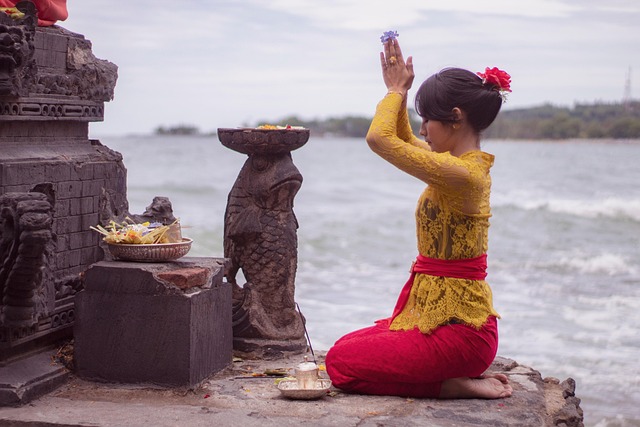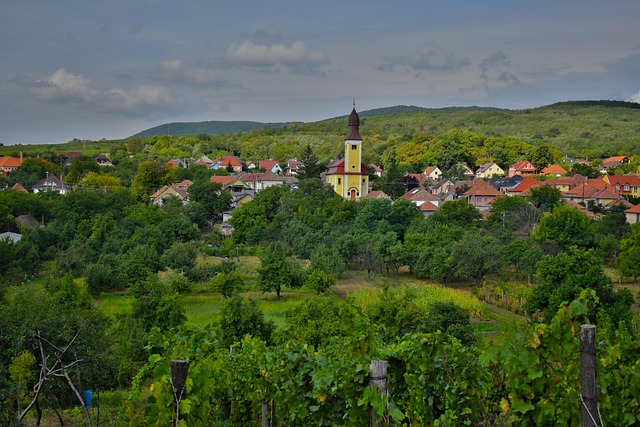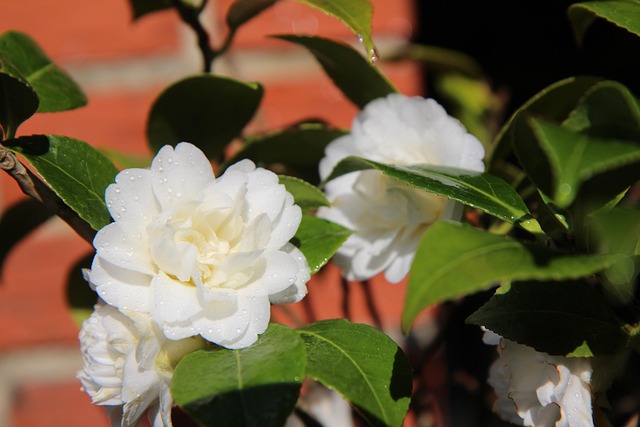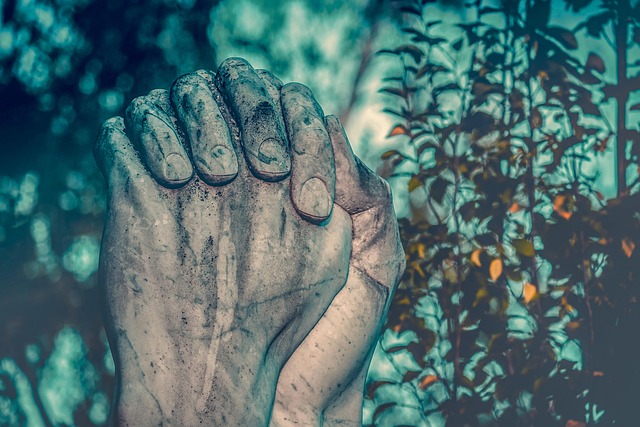The vibrant tapestry of Hindu festivals is a kaleidoscope of colors, emotions, and deep spirituality that captivates millions around the globe. These festivals, celebrated with great fervor, embody the essence of Hindu religion and its intricate beliefs. From Diwali, the festival of lights, to Holi, the festival of colors, each celebration resonates with themes of love, victory, and the triumph of good over evil.
One of the most significant aspects of Hindu festivals is their ability to unite families and communities. The preparations often begin days in advance, with homes adorned with decorations and sweets being made to share with loved ones. The festival of Diwali, for instance, symbolizes the wealth of happiness, as families come together to light diyas (oil lamps) and share gifts, creating an atmosphere of warmth and love.
Religious rituals play a central role in these celebrations, underscoring the spiritual significance of each festival. For example, during Navratri, devotees worship the divine feminine through nine nights of prayer and dance. This devotion fosters a deep connection to faith, allowing individuals to reflect on their spiritual journeys while embracing the strength and grace of the Goddess.
Another poignant festival is Raksha Bandhan, which celebrates the bond between siblings. On this day, sisters tie a sacred thread around their brothers’ wrists, symbolizing protection and love. This ritual not only strengthens familial ties but also signifies the importance of duty, commitment, and the sacredness of relationships in Hindu culture.
Hindu festivals also serve as reminders of the cyclical nature of life. The festival of Makar Sankranti heralds the arrival of spring and the end of winter, while simultaneously recognizing the significance of harvest and abundance. This acknowledgment of the cycles of nature reflects a profound respect for the environment, aligning spiritual beliefs with the rhythms of the earth.
Moreover, these celebrations are noble expressions of gratitude and reverence towards the divine. During Durga Puja, devotees immerse themselves in rituals and prayers to express gratitude for the blessings they have received. The elaborate idol installations and cultural performances not only honor the goddess but also enrich the community’s artistic heritage.
As we navigate our modern lives, the significance of Hindu festivals in religious celebrations remains an anchor. They provide a sense of identity and continuity, forging a link between generations past and present. These festivals are not merely events on the calendar; they are intrinsic to personal and communal narratives, nourished by shared beliefs and traditions.
In essence, Hindu festivals encapsulate the spirit of togetherness, spirituality, and reverence for life’s simple joys. They invite individuals to step away from the hustle and bustle of daily life, to pause, reflect, and celebrate the inherent beauty of existence. Each festival is a vibrant reminder of our collective human experience, steeped in rituals that resonate across time and space.




